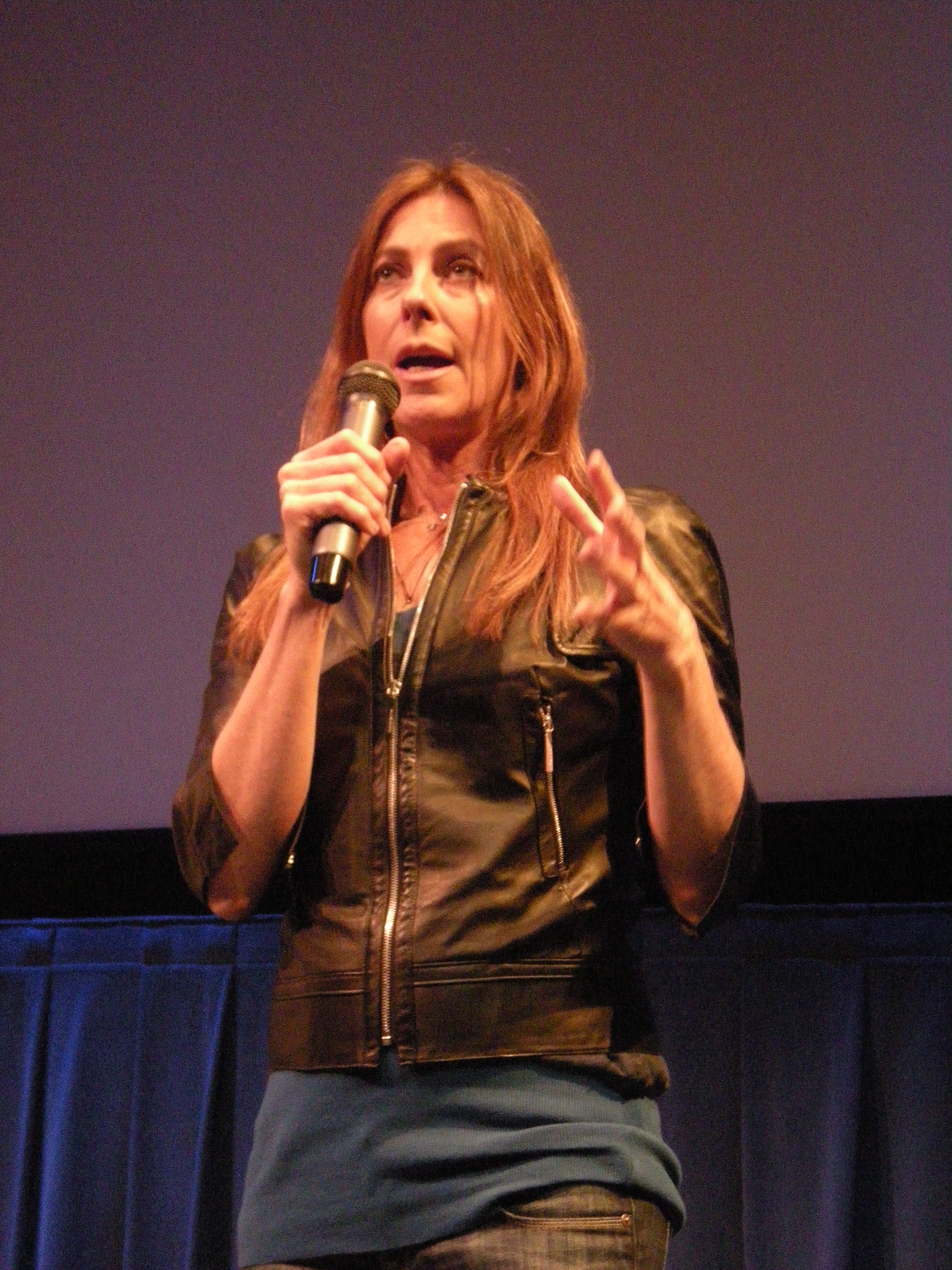by Cicely Podmore
The inclusivity
of cinema has diminished as a consequence of this favouring of big-budget
extravaganzas and cinema has become a fiercely competitive sector. Thus an
elitist system has developed with a tight-knit group of producers, actors and
actresses repeatedly spewing 'successful' films. There has been much outrage at
the fact that only one female director, Kathryn Bigelow, has ever won the
Academy Award for Best Director since its origin in 1927. This year, discontent
for the hierarchical system has also been shown, especially for the lack of
racial diversity at the Oscars. This traditional awards ceremony faced criticism, predominantly on
social media (with the trending hashtag: #oscarssowhite), for the fact that all
twenty nominations for the best actors/actresses were white skinned (for the
second year in a row), something which generated lower viewing figures and
several cases of boycotted
attendance. In
contrast, the recent Tony Awards were commended for their demonstration of a
variety of skin colours, perhaps showing how theatre has yet to become such a
narrow, money-oriented culture.
The
commercialisation of cinema is an increasing and saddening trend. Supposedly
'new' films merge together into a formulaic blur with undistinguishable,
predictable plots in rapid succession. Trying not to sound overly cynical, I
find that producers stick to genres which are tried and tested, known to bring
in shockingly high profits at the box office. Sequels are a classic example of
greed without creativity which prey on the gullible nature of the public who
continually fall into the trap of watching a part two, part three and sometimes
even part four of a premise which barely had enough content to last an hour,
let alone six or seven.
In a world where
blockbusters are released on an almost weekly basis, films are distanced from
their creators and are rarely forms of expression or demonstrations of artistry
in the traditional sense. Films are funded, admittedly understandably, based on
their financial viability in terms of profit generation. This means that modern
cinema is focussed on drawing in as large an audience as possible by trying to
impress with graphics, animation and CGI whose prevalence is to the detriment
of plots and characters. There are also the high profile advertising campaigns,
drumming up wild hype months or years in advance of a release date (take the
imminent 'Finding Dory' which has been anticipated since 2003.) Time and time
again, the same American voiceover on radio adverts announces how obscure
critics have given a film 'five stars' or branded it 'the comedy of the year'
until I have become entirely dissuaded from going to see it.
There has been a
polarisation of genre preference with the quaint simplicity of the earliest
low-budget, minimally technological motion pictures,
such as those of the 1940s neorealist Italian movement (including the classic,
'The Bicycle Thief'), depicting everyday occurrences whilst modern films centre on excess. No longer will you find a
simple film. Instead, there are multitudes of characters, expensive shoot
locations, the very best equipment and the most attractive actors and
actresses. What's more, whilst viewing the film, all senses are stimulated to
the optimum level with 3D and even 4D technology. Modern cinema seeks to be a medium of total immersion and escapism, often into the future, dystopian lands or a
rose-tinted modernity. This is rather dispiriting as low-budget productions are
unable to compete and are swept aside, often shown at quiet one-night
screenings in independent cinemas.
 |
| Kathryn Bigelow is the only woman to win Best Director Oscar |
Even the price
of cinema attendance has been altered from the
once universally affordable and therefore regular means of relaxation to a cost
which, for a large family, can now total to the same amount as a day trip. This
is not to mention the surprising price of the obligatory snacks and refreshment
selection once you have crossed the threshold
into a cinema. Suddenly water costs as much as £3.00 which smug cashiers know you will be forced
to grudgingly pay simply to quench the awful thirst from having eaten an
extra-large salted popcorn (upgrading from a medium to large popcorn has an
average of 49% more popcorn at a mere average cost rise of 8%) which you feel obliged,
nay challenged, to finish after having also spent such an extortionate sum on
glorified corn kernels.
To conclude, the
mainstream modern film industry is overly focussed on profits with increasing
numbers of anonymous and forgettable films which lack the passion and inclusion
of cinema's roots and purpose.

Comments
Post a Comment
Comments with names are more likely to be published.